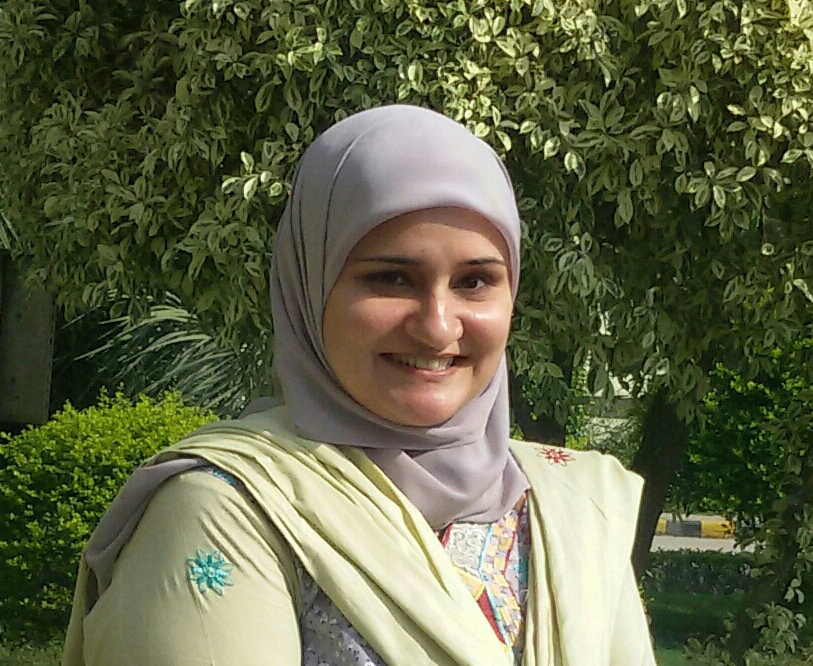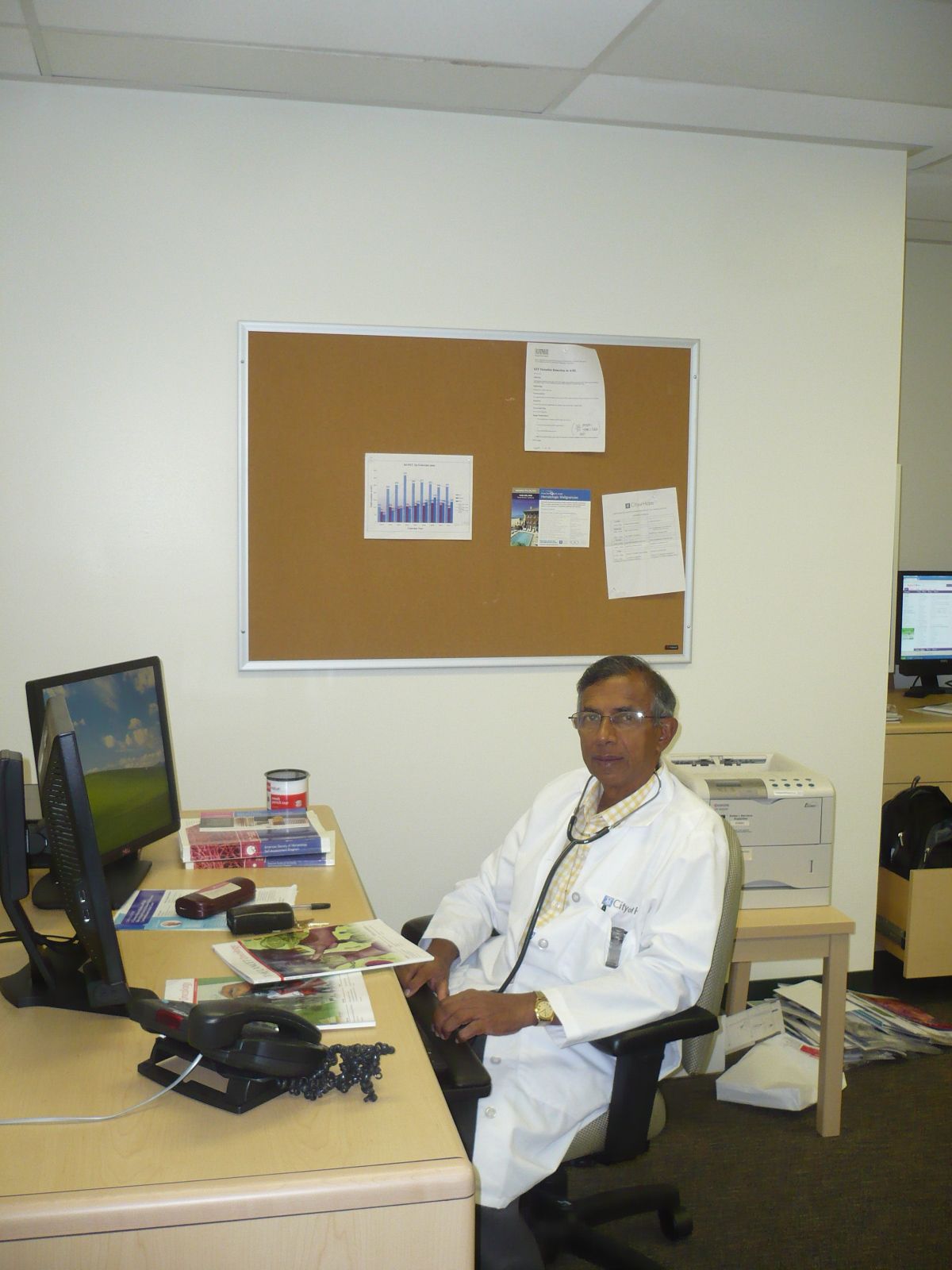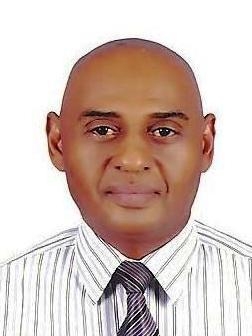Testimonials from the Clinical Preceptorship Program
So far the iCMLf’s Clinical Preceptorship Program has provided a unique opportunity for 203 preceptors from 58 countries in the emerging economic regions to undertake intensive education programs. Individual preceptorships were held over 3-4 weeks at CML centres of excellence. Each of them hosted by some of the world’s most experienced haematologists. As part of the clinical team at the host site the preceptors participate in out-patient clinics, hematology ward rounds, seminars, discussion forums and laboratory work. This enables them to establish contacts and networks with renowned CML experts and provides them with a solid understanding of the most up-to-date protocols and guidelines to treat CML in order to share with colleagues at home.
Below we share some of the interesting experiences from preceptors that clearly demonstrate what they learn from their stay at the CML centre of excellence overseas and what they can implement back home.

Dr Uzma Zaidi (Pakistan)
Preceptorship at the MD Anderson Cancer Center, Houston (USA)
Dr Zaidi is head of the section of myeloproliferative neoplasms, division of adult clinical haematology and a consultant haematologist at the National Institute of Blood Diseases & Bone Marrow Transplantation in Karachi. She is also the laboratory director and a consultant haematologist at the Liaquat College of Medicine & Dentistry at the Darul Sehat Hospital in Karachi.
"It’s a great pleasure for me to talk about my experiences during the preceptorship at the MD Anderson Cancer Center in Houston.
The main issue with the management of patients with CML in Pakistan is to get access to regular monitoring. When I applied for the iCMLf Clinical Preceptorship Program I was hoping to learn some new diagnostic techniques and to improve my knowledge about the molecular biology of CML. This would help me to find new solutions for my CML patients back at home.
My journey to Houston began with attending the John Goldman Conference on CML: Biology and Therapy. It was a magnificent meeting with experts from all over the world gathering to share their clinical experience with the management of CML, the development of new agents and the latest advancements in the molecular biology of CML. I had the opportunity to meet some of the experts in person and to discuss open questions with them.
My preceptorship was under the supervision of Professor Jorge Cortes, Head of the CML section, Department of Leukemia at the MD Anderson Cancer Center. During my 4-week preceptorship, I participated in outpatient clinics and inpatient ward rounds together with Professor Cortes and other consultants. I also attended all the academic activities that were offered to me including grand rounds, plenary sessions and seminars.
The best part of my preceptorship was the outpatient clinic. It was a great learning experience for me as I was able to see patients with all kind of leukemias, particularly with CML. I got the chance to see newly diagnosed and relapsed/refractory patients as well as post transplant cases. This experience will definitively help me to improve the management of my patients with CML especially when it comes to adverse events, disease progression and transformation.
I have also learnt how to do molecular monitoring using PCR technology, which is important because of the limited resources in my country. I also now understand the role of treatment-free-remission in CML and the importance for the management of patients with CML. I will definitely share all this with my colleagues here in Pakistan through seminars and meetings.
My suggestion for future preceptorships would be to also include rotations in stem cell departments and molecular laboratories in order to learn more about the disease monitoring with PCR and to gain clinical experience with transplantation in CML.
With the Clinical Preceptorship Program the iCMLf is doing an incredible job and I am very thankful to the iCMLf for providing me the opportunity to attend this program at one of the best centres in the world. Without the support of the Foundation it would not have been possible for me to accomplish this long-cherished dream".
Dr Sarath Wattegama (Sri Lanka)
Preceptorship at the City of Hope, California (USA)
Dr Wattegama is a clinical oncology consultant working at the Lakeside Adventist Hospital in Kandy, Sri Lanka. Now in his 60s he has been treating patients with CML for over 30 years. He undertook a 4-week clinical preceptorship at the City of Hope in California (USA) under the leadership of Professor David Snyder in June 2013. The City of Hope is an independent cancer research center with one of the largest and most successful transplant programs in the USA.
"When I applied for the iCMLf preceptorship I was hoping that this adult learning program with experienced tutors who share their knowledge with physicians from emerging regions would provide me with the opportunity to develop and enhance my clinical knowledge in the treatment of CML. I have been treating patients with CML for over 30 years know but like in many other emerging countries we face limited health care resources in Sri Lanka that also leads to limited access to diagnostic and monitoring assets in the management of CML. I also thought that a preceptorship course at a Center of Excellence would make me familiar with state-of-the art laboratory equipment and help me to set priorities when embarking to new laboratory facilities in the future. I thought that this kind of practical training would also strengthen my skills in routine applications. A preceptorship at an internationally renowned center for research is also a great opportunity to establish long-lasting research collaborations.
My 4-week preceptorship program at the City of Hope then gave me a lot of confidence in routine applications and in managing side effects of TKI treatment. Now I feel very confident in managing my CML patients with Imatinib and I also have the skills to target the anticipated outcome within the appropriate period of time. This has also helped me to consider second line drugs or dose escalation for some of my CML patients who did not show good hematological response earlier than in the past. As a key learning from my preceptorship at the City of Hope I introduced Nilotinib to a patient who did not achieve a cytogenetic response after 18 months of treatment with Imatinib.
I have advised all my colleagues in my team how to monitor the response to TKI treatment. We now use the terms CHR, CCyR and PCyR in our follow-up notes, which is a big change. All my colleagues have also realized the importance of continuation of TKI treatment even after CCyR. In the past there were concerns about a continuation of TKI treatment after a patient has reached CCyR. Elsewhere in Sri Lanka there are facilities to use q-PCR assay and I am now negotiating with my colleagues in Colombo to help us in using the Gene Xpert System to measure BCR-ABL1 transcript level on some of our longstanding Imatinib users who are in CyR to establish if they are in MR-4 or beyond.
My preceptorship was a well planned, knowledge based program that was executed extremely well. My sincere thanks go to all my friends in the iCMLf for the wonderful work you do."
 Dr Abdulaziz Sherif (Ethiopia)
Dr Abdulaziz Sherif (Ethiopia)
Preceptorship at the Hammersmith Hospital in London (UK)
Dr Sherif is an internist and hematologist and serves as Assistant Professor of Internal Medicine at the Tikur Anbessa Specialized Teaching Hospital in Addis Ababa, Ethiopia. His hospital is the main referral center in the country and the only hospital in Ethiopia that offers treatment to patients with CML. Dr Sherif is one of only two hematologists in Ethiopia. He has been treating CML patients for six years and currently treats around 600 CML patients annually.
Dr Sherif undertook a 3-week clinical preceptorship at the Hammersmith Hospital in London (UK) under the leadership of Professor Jane Apperley in 2013. The Hammersmith Hospital, long famous for its research achievements, is now incorporated into the Academic Health Science Centre, which is part of Imperial College London. The Department of Haematology was established more than 50 years ago and now has a long-standing special interest in CML and other blood diseases.
"My preceptorship at the Hammersmith Hospital was perfectly framed my two important scientific meetings. It started just after the Conference on CML Biology and Therapy in Estoril (Portugal) in September and ended up with a one-week academic session on “Advances in hematology 2013”, an annual event at the Hammersmith Hospital. I can say that I have benefited to the maximum from the interaction with CML experts in London and it was great to be part of the clinical team at the Hammersmith Hospital. I attended follow-up clinics together with the other consultants in hematology. The patient exposure was very practical and I gained a lot from the following interactive discussions with the consultants who were very cooperative. I also had the chance to attend the transplant ward and to experience impatient exposure twice a week, which was very exciting to me. I also enjoyed very much the clinico-pathological sessions in which cases from other hospitals were discussed through teleconferences. The laboratory visits were also very interesting to me because I had the chance to see all the important tests for CML that were routinely done at the Hammersmith Hospital. Moreover I had the chance to gain very valuable experience with other advanced tests like flowcytometry, cytogenetic and other tests for a wide rage of hematological diseases. I also had the chance to make personal links with the consultants at the Hammersmith hospital first of all with Professor Jane Apperley and the late Professor Goldman.
Every single part of the preceptorship was beneficial to me but I think I got the most from the CML clinics that I spent together with the other consultants and from the laboratory parts of my stay. Back home in Addis Ababa I have tried to apply the standards of care I have seen at the Hammersmith Hospital also to the patients at my hospital. I am confident that this will make a big difference to the way we treat our patients here. I have gained much experience with next generation TKIs and now feel more confident to advise and treat patients who relapsed after treatment with imatinib. Imatinib resistance is a wide spread problem because imatinib is the most widely used CML agent in Ethiopia so far. My relationship to the consultants at Hammersmith also gives me the opportunity to discuss and consult difficult to treat cases.
Moreover, the laboratory exposure I experienced also helps me to advise on the establishment of improved laboratory facilities. The academic sessions have also sharpened my teaching capacity in transferring knowledge and skills to my medical students as well as hematology fellows who are being trained in our hospital. We have recently launched a fellowship-training program in Hematology. This put me in an ideal position to transfer the experience gained from my preceptorship easily to all my colleagues and future physicians, internists and hematologists.
The preceptorship was one of my greatest experiences in hematology and I benefited a lot from all the activities. Thank you very much for giving me this great privilege to attend the preceptorship program that was conducted so smoothly."
 Dr Ahmed Khalid (Sudan)
Dr Ahmed Khalid (Sudan)
Preceptorship at the Paul O’Gorman Leukemia Research Centre in Glasgow (Scotland, UK)
Dr Kahlid is a specialist in clinical oncology working at the Radiation and Isotopes Centre in Khartoum, Sudan having treated CML patients for 10 years. He undertook a 4-week clinical preceptorship at the Paul O’Gorman Leukaemia Research Centre in Glasgow, Scotland (UK) under the leadership of Professor Tessa Holyoake in 2013. The program involved training in diagnostic hematology, including PCR for BCR-ABL measurement in patient samples, insights into the area of CML stem cell research, observation of in-patient and out-patient management as well as interaction with the clinical staff and patients who are participating in a wide range of clinical trials.
“When I first heard about the iCMLf Clinical Preceptorship Program during the inaugural Africa Colloquium on CML in Dar-es-Salam back in 2012, I was excited about it from the first moment. To participate in the program seemed the perfect opportunity for me to improve our knowledge and skills in the diagnosis and treatment of CML at my hospital. We see about 200-240 new cases of CML patients each year at the Radiation and Isotopes Centre in Khartoum. The Glivec International Patients Assistant Program (GIPAP) was introduced in Sudan in 2003 and since then I have treated lots of my patients with imatinib. During the preceptorship program I learned how to improve clinical assessment and how to monitor the response of the treatment and potential side effects. The skills I have gained during my stay at the Paul O’Gorman Leukemia Research Centre also helped me to treat difficult CML cases and to update with the CML treatment protocol, especially the use of 2nd generation TKI’s as well as bone marrow transplant. Being involved in diagnostic hematology trainings has raised my awareness on the importance of the implementation of qualitative and quantitative polymerase chain reaction (PCR) analysis in the monitoring of minimal residual disease (MRD). Our institute has now started to equip the laboratory with what is needed to monitor MRD for all our patients with CML. Back home in Sudan I also started to share everything I have learned in Glasgow with colleagues in our hospital during verbal discussions and lectures and by distributing hard copies of CML lectures from my preceptorship.
I am very confident that the benefits from all the contacts I have made will continue well into the future. I have discussed the possibility to conduct further training with Professor Holyoake and we are also planning to arrange a CML workshop in Sudan with her and other CML experts. What we plan to do at our centre in the near future is to further implement minimal residual disease monitoring, to broader use 2nd generation TKIs in patients not responding to imatinib, to start a setting for bone marrow transplant and to conduct further training for CML physicians, nurses and psychologists. Because what has struck me very much during my preceptorship is the importance of multidisciplinary teams in the treatment of CML.
I am very grateful for all what I have learned from Professor Holyoake and other CML experts during my stay at the O’Gorman Leukemia Research center and I do hope that in the future this Preceptorship Program will continue to provide this excellent opportunity for CML physicians from developing countries to improve their skills and knowledge in the management of CML.”










